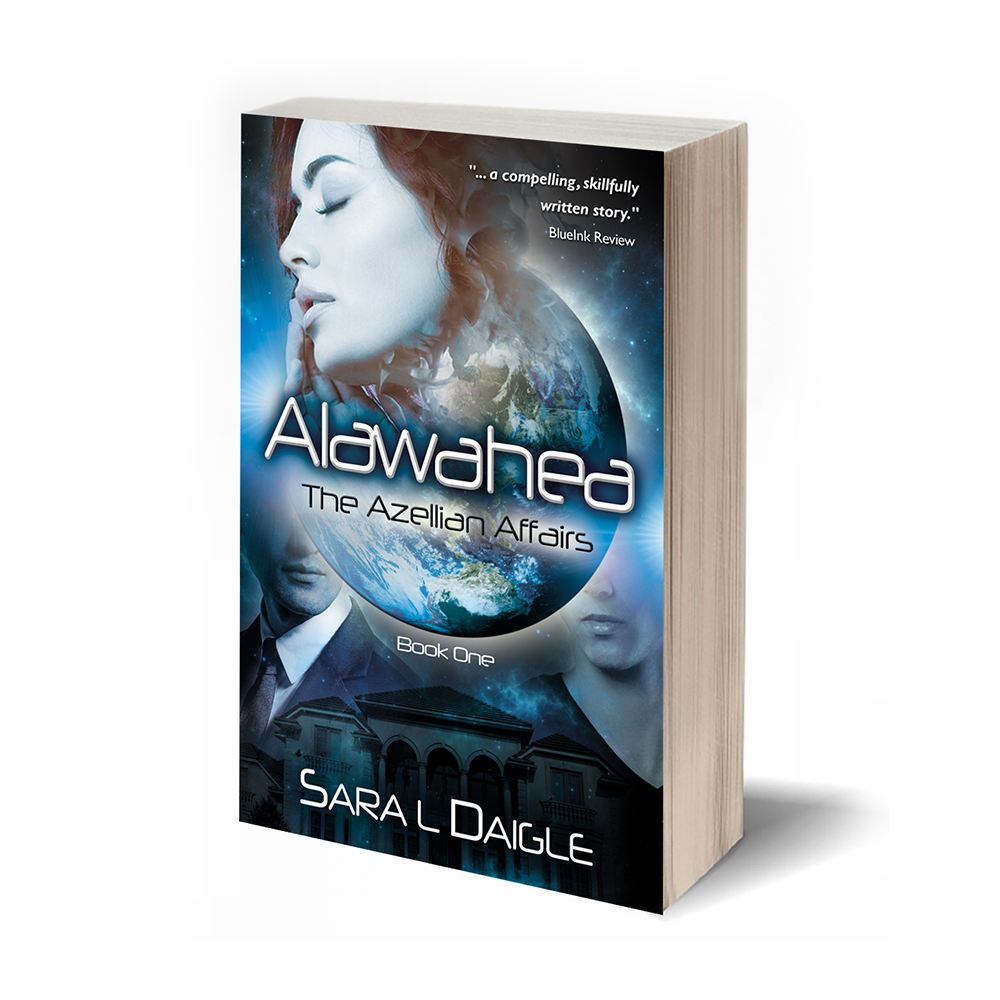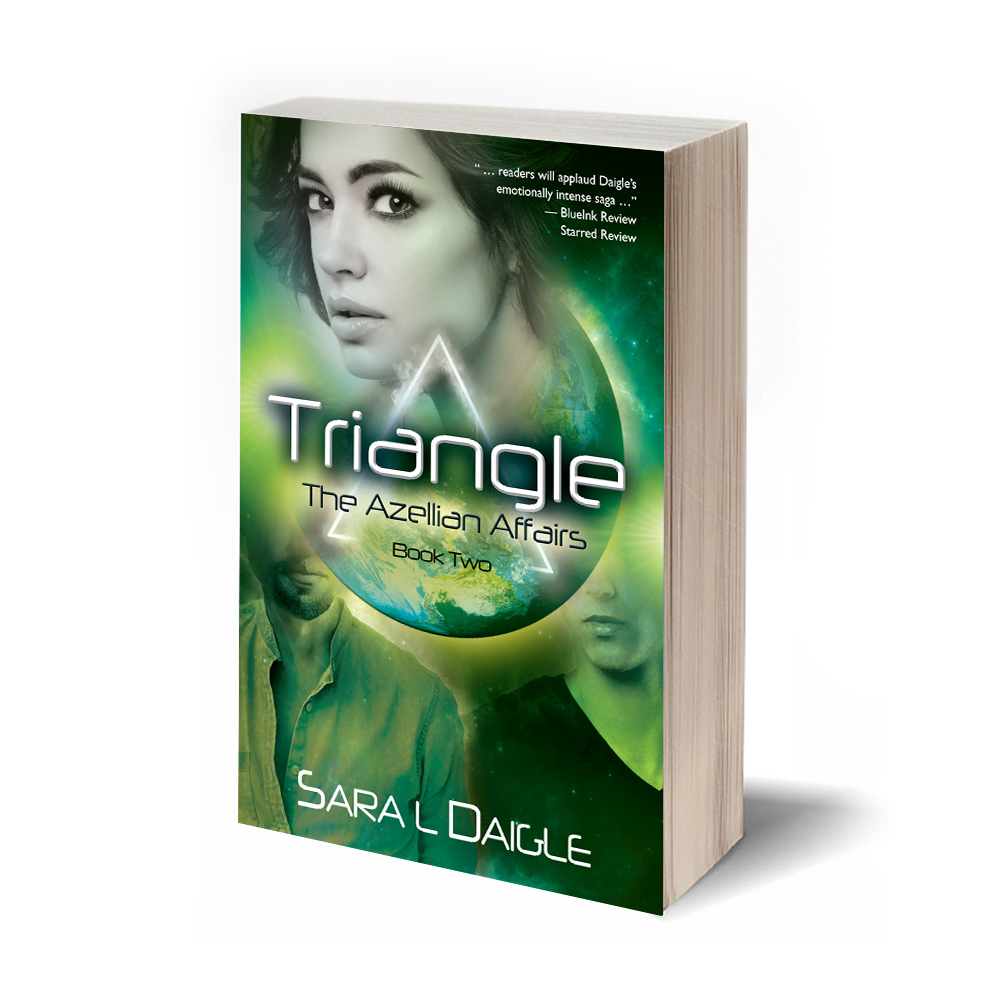Evolving Into Something New: Science Fiction
/Science fiction/fantasy is an interesting genre. Over the years, it has encompassed many kinds of stories, from magic and futuristic space battles. Star Wars to Star Trek are two famous screen sci-fi epics and authors like Marion Zimmer Bradley, Andre Norton and Anne McCaffrey offered print sagas of their own. When I was younger, science fiction/fantasy was a catch-all for any kind of fantastic storyline that wasn’t in the form of a reality based, traditional romance, mystery or real life drama.
The genre has since matured into countless types of science fiction and fantasy categories (high fantasy, urban fantasy, hard science fiction, sci-fi romance, to name a few). Cross-genre stories have appeared, melding fantastic elements such as vampires and werewolves into mystery stories, or gritty detective crime solving. Spiritual elements introduced themselves, although the best science fiction has always had a layer of enduring spiritual truth to it, speaking of humanity’s struggles and fears about being alive. Many of the authors I read as a teenager: Marion Zimmer Bradley, Alan Dean Foster, Ursula K LeGuin, to name a few, wrote stories that were thinly veiled societal commentaries (and some of them not veiled at all), exploring real world problems in a fantastical way. Some writers were positive—humanity would prevail—and some were a bit less optimistic, but all of the best ones wrote stories that revealed our human condition in the midst of even these impossible stories.
Hard core sci-fi, many stories written by bonafide scientists who could see what was coming, would provide warnings by weaving thrilling stories about what could be. Many of these have come true—try spending any time in the telecom industry and you’ll discover that artificial intelligence is not quite so fantastical as you might think, although as of now, we haven’t created a Terminator-esque SkyNet. Yet). Softer sci-fi explored culture clash between aliens and humans or alien races, de-emphasizing the technology aspect, but honing in on basic human experience nonetheless.
Yet through all of this, the basic reality remains: the best stories explore our human experience, whether it be through technology or ordinary life with a science fiction twist. We might be writing about other cultures, but we are really writing about ourselves. We are writing about our hopes, fears, experiences, and the truths we are just now beginning to see and experience. It might have fantastic underpinnings, but the truth is, we are writing about ourselves. We are writing about something that we suspect, but don’t necessarily fully know yet. The best stories, the ones that resonate, are the ones with some germ of truth in them. And science fiction, like all of humanity, is evolving with us. We like to escape, but we want to hear truth. And to merge the two: truth cloaked in fun—well, what is better than that?


